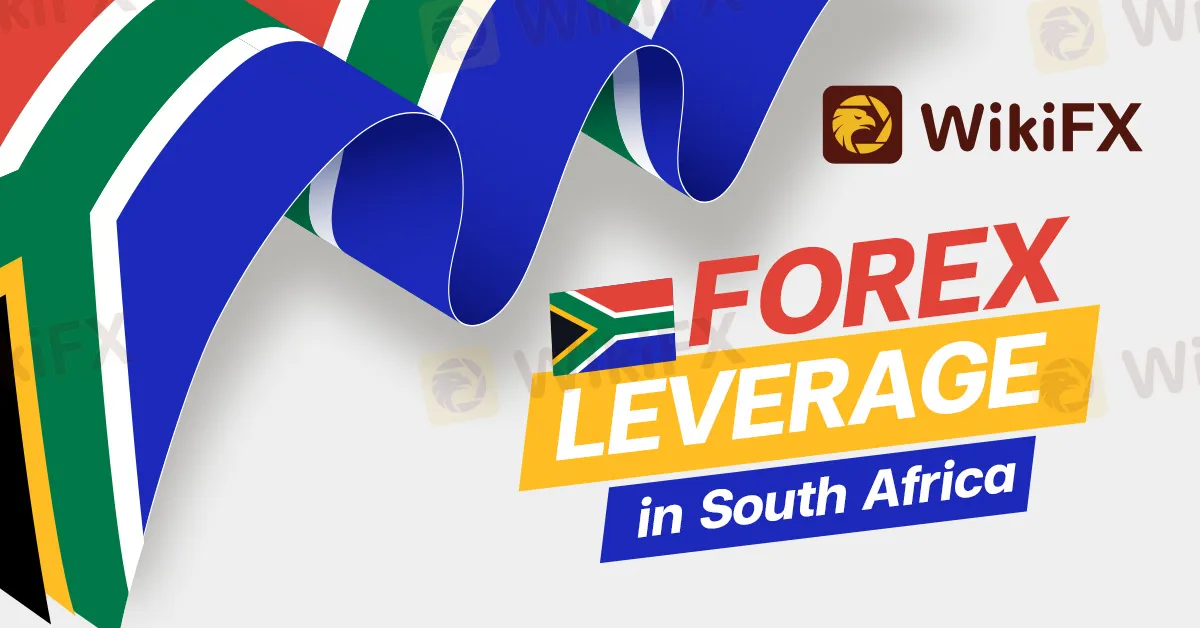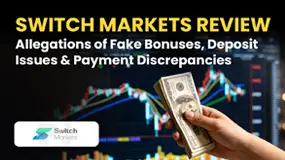Abstract:Leverage is a powerful tool in forex trading that allows traders to increase their potential profits by borrowing money from their broker to invest in the market. In South Africa, leverage is a common feature of forex trading, but it can be confusing for those new to the market. In this article, we will explore what leverage is, how it works, and how to use it effectively.

Leverage is a powerful tool in forex trading that allows traders to increase their potential profits by borrowing money from their broker to invest in the market. In South Africa, leverage is a common feature of forex trading, but it can be confusing for those new to the market. In this article, we will explore what leverage is, how it works, and how to use it effectively.
What is leverage in forex trading?
Leverage is the ratio of the amount of money you are able to control in the market compared to the amount of money you have in your trading account. For example, if you have a trading account with a balance of R10,000 and you use leverage of 1:100, you will be able to control up to R1,000,000 in the market.
How does leverage work?
When you use leverage in forex trading, you are essentially borrowing money from your broker to invest in the market. The amount of money you can borrow depends on the leverage ratio offered by your broker. Leverage ratios can range from 1:10 to 1:500 or even higher.
While leverage can increase your potential profits, it also increases your potential losses. If the market moves against you, you may be forced to close your position to avoid further losses, and if your losses exceed your account balance, you may owe money to your broker.
How to use leverage effectively in forex trading
To use leverage effectively in forex trading, it is important to understand the risks involved and to have a solid trading strategy in place. Here are some tips to help you use leverage effectively:
Use a stop-loss order: A stop-loss order is an order to close your position if the market moves against you by a certain amount. By using a stop-loss order, you can limit your potential losses and protect your trading account.
Manage your risk: It is important to manage your risk when using leverage. Only risk a small percentage of your trading account on each trade, and never risk more than you can afford to lose.
Choose your leverage ratio wisely: Higher leverage ratios may increase your potential profits, but they also increase your potential losses. Choose a leverage ratio that suits your trading style and risk tolerance.
Have a solid trading strategy: A solid trading strategy is essential for success in forex trading. Make sure you have a clear plan in place for when to enter and exit trades, and stick to your strategy.
Where to find more information about forex trading and leverage
If you are new to forex trading, it is important to do your research and educate yourself about the market and how it works. There are many resources available online that can help you learn more about forex trading and leverage, including books, articles, and online courses.
One valuable resource for forex traders in South Africa is WikiFX, a leading forex broker review and rating platform. WikiFX provides comprehensive information about forex brokers, including their trading conditions, regulatory status, and customer reviews. By using WikiFX, traders can find reliable and trustworthy brokers that offer competitive trading conditions and a wide range of trading instruments.
In conclusion, leverage is a powerful tool in forex trading that can increase your potential profits, but it also increases your potential losses. To use leverage effectively, it is important to understand the risks involved and to have a solid trading strategy in place. By doing your research and using resources like WikiFX, you can make informed decisions and improve your chances of success in forex trading.










